The laws of magic
This is rules meant to be used in the roleplaying game D&D
Magic in Ages die works somewhat differently than the usual d&d magic rules although it is building on them, magic here is a lot harder to control and is a great deal more dangerous. Magic is a rare thing to see as most never even know it actually exists, and the few that actually try to learn it usually die in the process. To use magic is in a way to open a gateway to what's called the Imperien, a dimension filled with magical potential. To learn the use of magic is to be able to connect to the Imperien in a controlled manner. if you just try to connect you will find yourself overwhelmed with magical potential and the second you try to use it, it will rip you apart. Imagine being 200 meters underwater in a pressurized chamber with one hatch, to use magic is to try to open that hatch which is hard enough and then without letting tons of water in, you need to open it just enough to let a little water in but not enough to drown you in seconds. When you have tapped just the right magical potential it's not easy to just do something with it, its inherently unstable and you're using yourself as a pressure vessel as there is no magical potential in the world normally. To cast you need to focus the energy thru a spell, a highly defined recipe on focusing it to do a specific thing. Very few individuals can cast magic without a defined recipe to channel thru. These recipes are usually in the form of a scroll or a book, most of these are destroyed on use. If you try to use magic without a pre-made recipe or a very specific and defined idea in mind you're going to unleash magical potential uncontrolled, something that can be very dangerous and deadly. There is no limit to how strong magic can really be, but almost no one ever survives long enough to really take advantage of truly strong magic.How to use Magic
To use magic in ages die you will need an item or a scroll to channel the energy through, you cannot simply cast a spell like you would in normal d&d. There are no spell slots only spell levels. If you have 100 scrolls of the spell firestorm and you can easily cast this spell you can cast it 100 times in a row, it's not as straight forward as it seems tho. To cast a spell you there are a few dies roles you need to succeed, first, you need to cast a concentration check, to pass this you need to get 11 or higher plus spell attack modifier on a d20, if you fail the concentration you will get various degrees of disadvantages and failures.Permanently learn a spell
It is possible to learn a spell permanently, but its a process that takes a lot of time and requires that you have a scroll or an item that gives a very detailed description on how the spell works. To learn a new spell you need to study it over a period of time, you can studying while taking long rests. You can also study at day time but it will require you to do nothing else for 4 hours. When you have completed a study period you will get study-points(SP). You will get one SP for studying at daytime and one SP for studying during a long rest. You can, however, decide to not rest the full time of a long rest and get two SP for one night, it will still take the same amount of time as a long rest would. If your studying is interrupted, for example by an encounter or a prolonged experience you will not get any study points. If your study source material is broken or destroyed you cannot continue studying the spell before you get a new scroll or item to study.How the system works
To cast a spell you first need to pass a concentration check, you need to get 11 or higher + spell attack modifier and then you need to cast a d100 to see if you're able to control the magical energy and focus it into a spell. If you get 10-6 you get disadvantage on the d100 if you get 5-2 the spell fails and you need to roll on the failure list corresponding to your overcharge level. You get an overcharge(OC) point for every spell you fail, there is a total of three spell failure lists, List-3 for when you have 0-3 overcharge points, List-2 for when you have 4-6 overcharge points and List-1 for when you have 7-10 overcharge points. If you get over 10 overcharge points you get disadvantage on every magic related dice to roll as well as rolling on List-1, if you get over 12 overcharge points you take 1d4 damage every time you cast a spell as well as all the effect of having over 10 overcharge points. For every short rest you lose 4 overcharge points and for long rests, you completely reset all overcharge points.Actually casting the spell
When you cast a spell and pass the concentration you cast a d100, let's say you're level 10 then you need to take your character level and divide by 2.5 in this case that is 4 that means you're able to cast level 4 spells at 30% chance of failure, always round up at .5 or higher. If you then try to cast a spell at a higher spell level for example 5 you have a 50% chance of failing, you need to see the chart below to see how much higher or lower chance you have on failing is.Charts
d100 fail chance chart
Link hereConcentration chart
Link hereOvercharge points
Link hereStudy points chart
Link here Here is a google docs document with all the charts in, including the Spell failure lists.
Type
Metaphysical, Arcane

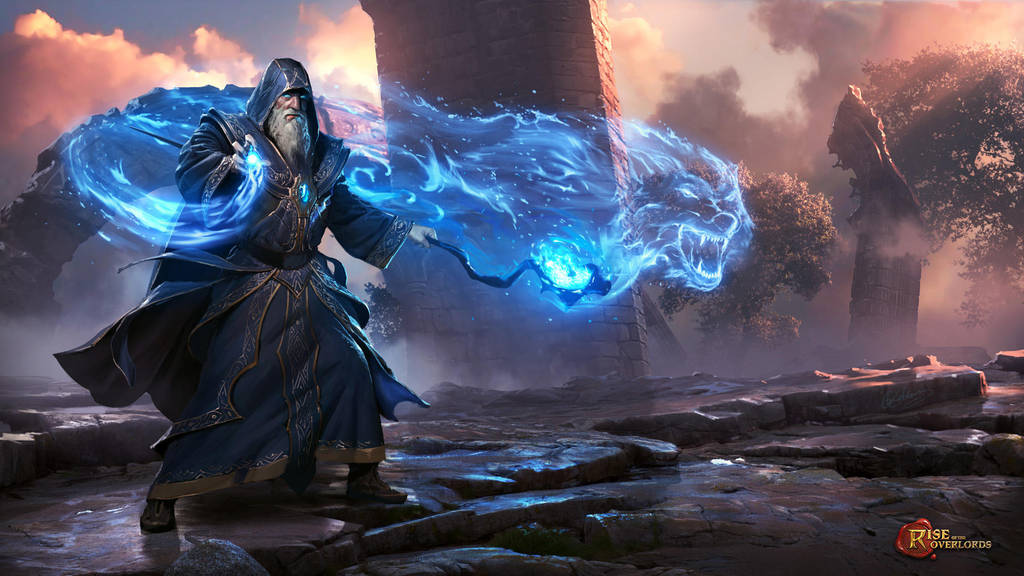

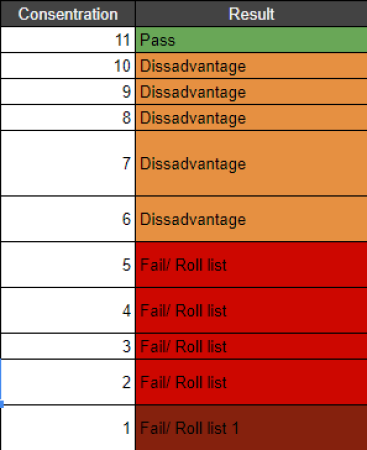

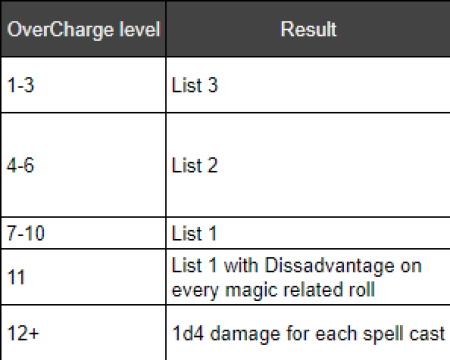
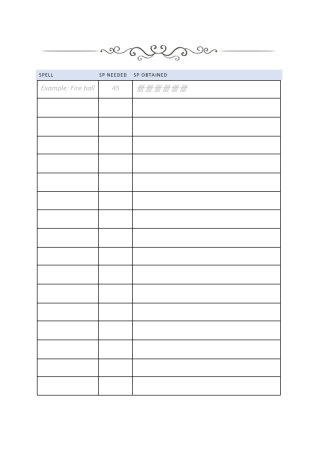
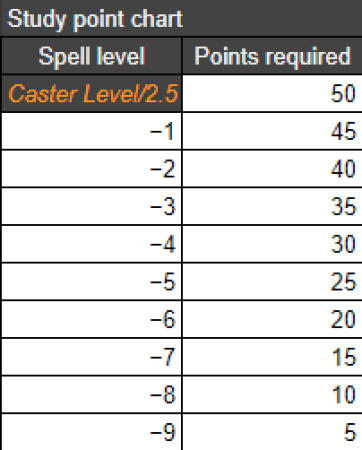
Comments